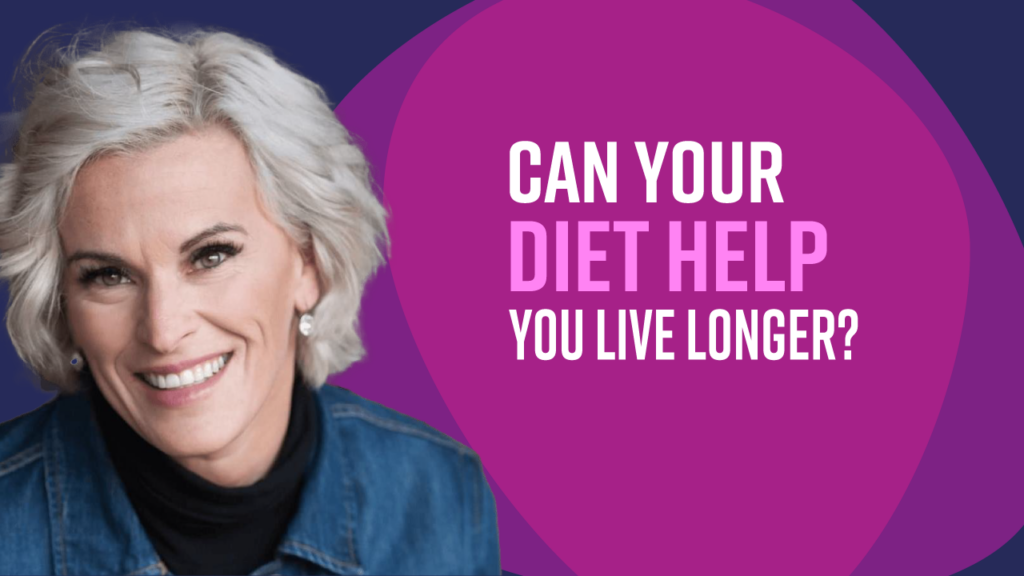The liver, an unsung hero of the human body, performs countless essential functions to maintain health, energy, and vitality. While poor dietary choices are commonly known to affect liver health, hormonal changes after menopause present a unique challenge, increasing the risk of non-alcoholic fatty liver disease (NAFLD) even in women who maintain a healthy diet.
The Impact of Menopause on Liver Health
Post-menopause, women experience significant hormonal shifts, notably in estrogen levels, which have traditionally protected the liver. The decline in estrogen can predispose women to NAFLD, a condition characterized by excessive fat build-up in the liver. This often asymptomatic disease can eventually lead to liver enlargement, pain, and significant liver damage if not addressed.
Choline: A Critical Nutrient for Liver Health
Choline is vital for fat metabolism and helps prevent fat accumulation in the liver. Despite its importance, studies indicate that most North Americans fall short of the recommended daily intake of 425 mg of choline. Rich dietary sources include egg yolks, organ meats, cruciferous vegetables, and fish roe—though supplements might be necessary to meet the body’s needs, especially for postmenopausal women who are at increased risk of liver damage due to choline deficiency.
Integrating Liver-Supportive Nutrients Post-Menopause
To combat the heightened risk of liver issues post-menopause, incorporating choline-rich foods and supplements into the diet is crucial. For those who find caviar prohibitively expensive, omega-3 supplements made from fish roe or lecithin and phosphatidylcholine supplements are excellent alternatives.
The Role of Gut Health in Liver Function
Emerging research highlights the connection between gut microbiota and liver health, particularly relating to hormonal changes and NAFLD. The metabolite butyrate, produced by beneficial gut bacteria, has been found in lower levels in NAFLD cases, suggesting that maintaining a healthy gut environment is crucial for liver health.
Probiotics and Prebiotics: Supporting Gut and Liver Health
Incorporating probiotics and prebiotics into the diet is essential for maintaining a balanced gut microbiota, which in turn supports liver health. Probiotics can be found in fermented foods such as kefir and kimchi or in supplement form, while prebiotics are abundant in foods like garlic, onions, and other fiber-rich foods. Together, they help maintain a healthy gut-liver axis and may reduce the risk of hormone-related liver issues.
Conclusion
As women navigate the complexities of perimenopausal health, understanding the interplay between hormones, liver health, and gut microbiota becomes essential. By focusing on nutrient-rich, probiotic, and prebiotic-dense diets, we can provide the liver with the support it needs during and after the transition into menopause. This holistic approach ensures that our liver continues to function optimally, supporting overall health and vitality during midlife and beyond.






